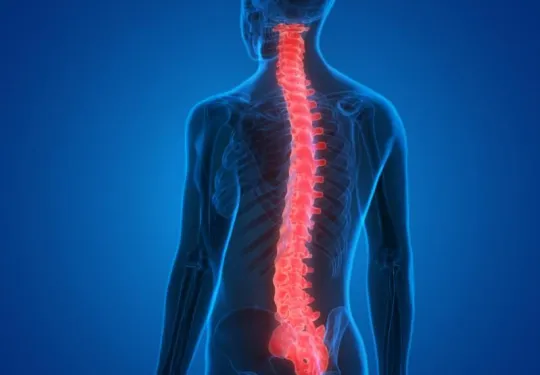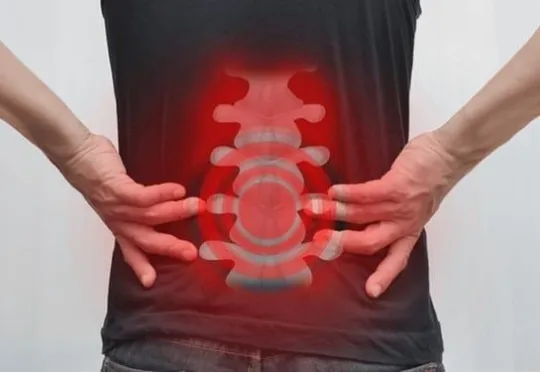Spinal Cord Injury care. Are we doing enough ?
By:
Dr. Carol Henricks
On
10/06/2025There are approximately 18,000 new traumatic spinal cord injuries (SCI) in
the USA every year with approximately 300.000 SCI patients living with
disability. While technology and accommodations have improved the
quality of life for SCI patients, there are treatments that have been left
largely unexplored. Instead of helping SCI patients to adjust to their
“new normal”, the standard of care should be improved.

An acute spinal cord injury is a crush, or compression injury (more serious injuries sever the cord ).When biological tissue is crushed, swelling(edema) occurs and there is interruption of blood flow and therefore lack of
oxygenation to the injured tissue. The edema and lack of oxygen cause progression of thecascade of injury. If Hyperbaric Oxygen Treatment (HBOT) was initiated as soon as the patient was medically stable enough to
be placed in a chamber, the course of the injury would change. HBOT reduces edema and increases oxygen availability to tissue. A nutrient optimization protocol begun immediately with growth factors, correction of
nutritional deficits, detoxification and endocrine problems supports healing. Pulsed Electromagnetic Field therapy (PEMF) and
infrared (IR) light applied to the site are energetic healing treatments.
The acute post-trauma period is critical, but healing and restoration may continue during a chronic course of treatment.
Continued HBOT promotes continued
healing. PEMF and IR light therapy
energize healing.
Epidural stem cells help to bridge the gap across the damaged tissue. External roboticsto restore gait and arm movement also help
support the sensory input that is necessary to complete the loop. When you do not
support continued healing, neurodegenerative changes progress.

All these healing practices should be carried out: they are logical and scientific. Neuralink is at the forefront of the science that can create connection where connection has been lost or is incomplete. We have the ability to do better
in caring for SCI patients !
